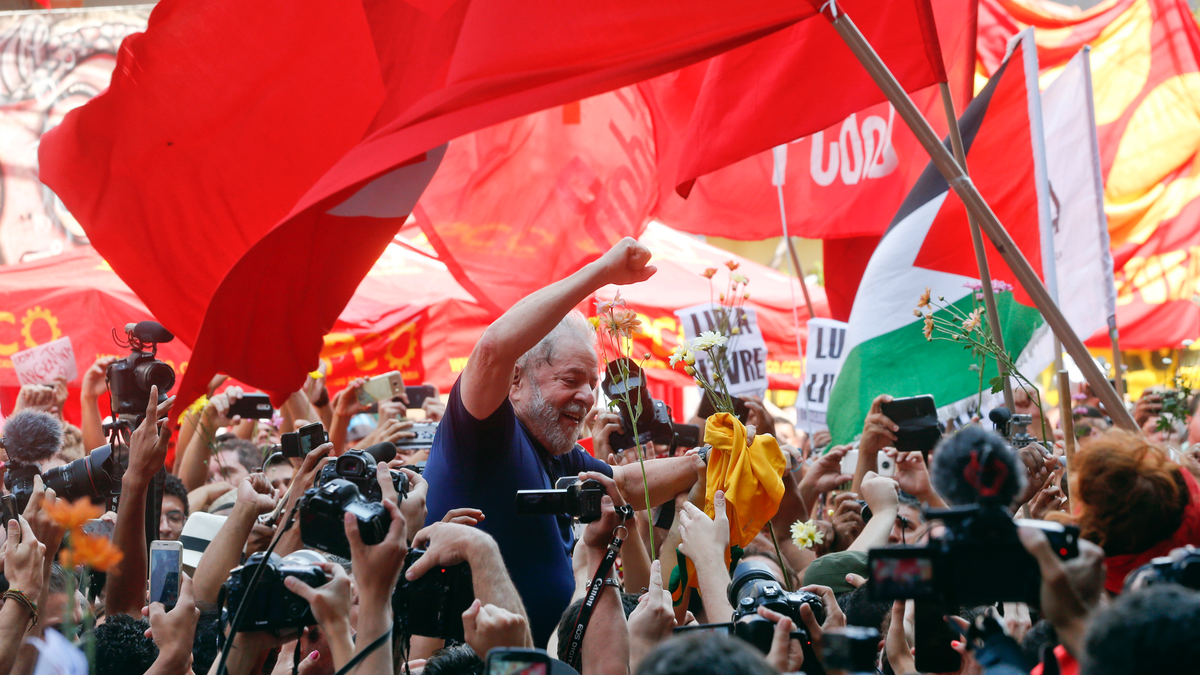
SAO PAULO – Luiz Inacio Lula da Silva has been arrested and will become the first current or former president in Brazil's modern history to be incarcerated. However, he is not the first to be accused of criminal activity. Other leaders in Latin America's largest nation have been accused of wrongdoing but managed to avoid being put behind bars. Here is a look at some of the most notable cases.
MICHEL TEMER
Brazil's current President Michel Temer avoided standing trial before the Supreme Federal Tribunal in October when allies in the lower house of Congress voted 251-233 to shield him from charges of corruption, obstructing justice and leading a criminal organization. Had the lower house voted against Temer, he would have been forced to step down and could have been jailed depending on what happened in a trial. Temer survived another vote of the same kind in August on a separate bribery charge.
Despite approval ratings in single digits, Temer has said he is considering running for president in October's election.
FERNANDO COLLOR DE MELLO
Brazil's 32nd president and the first to be directly elected following its 1964-85 military dictatorship, Fernando Collor de Mello stepped down from his post just two years into his term, in 1992. His resignation was a failed attempt to stop an impeachment trial he was facing in the Senate on charges of corruption. Despite walking away from the presidency, Collor's trial continued and he was found guilty. He managed to escape jail time, however, thanks to an acquittal for a lack of sufficient evidence during his judicial trial in Brazil's top court.
Collor returned to office in 2007 when he was elected senator of Alagoas, a position he still holds today. He has also said he plans to run for president later this year.
JUSCELINO KUBITSCHEK
While Juscelino Kubitschek was well respected by many Brazilian during a 1956-61 term that was known for its economic prosperity and political stability, his presidency was not without controversy. While he is credited with modernizing Brazil by way of industrial growth, his massive spending to build capital city Brasilia was criticized and created problems for the country, including sharp increases in the national debt and inflation. He was accused of corruption and was said to have favored people in his political circle during the construction of Brasilia. However, no charges were ever laid.
GETULIO VARGAS
In 1945, Getulio Vargas was overthrown in a coup, but returned to office in 1951 after being democratically elected president. He struggled to satisfy both his followers and the middle-class opposition, and his government was highly criticized for its nationalistic appeals. It was a time of serious unrest in Brazil: inflation was at an all-time high, wages were not keeping pace and there were implications that one of Vargas bodyguards was involved in the attempted assassination of an opposition newspaper editor. Rather than be forced out again, Vargas shot himself through the heart.
